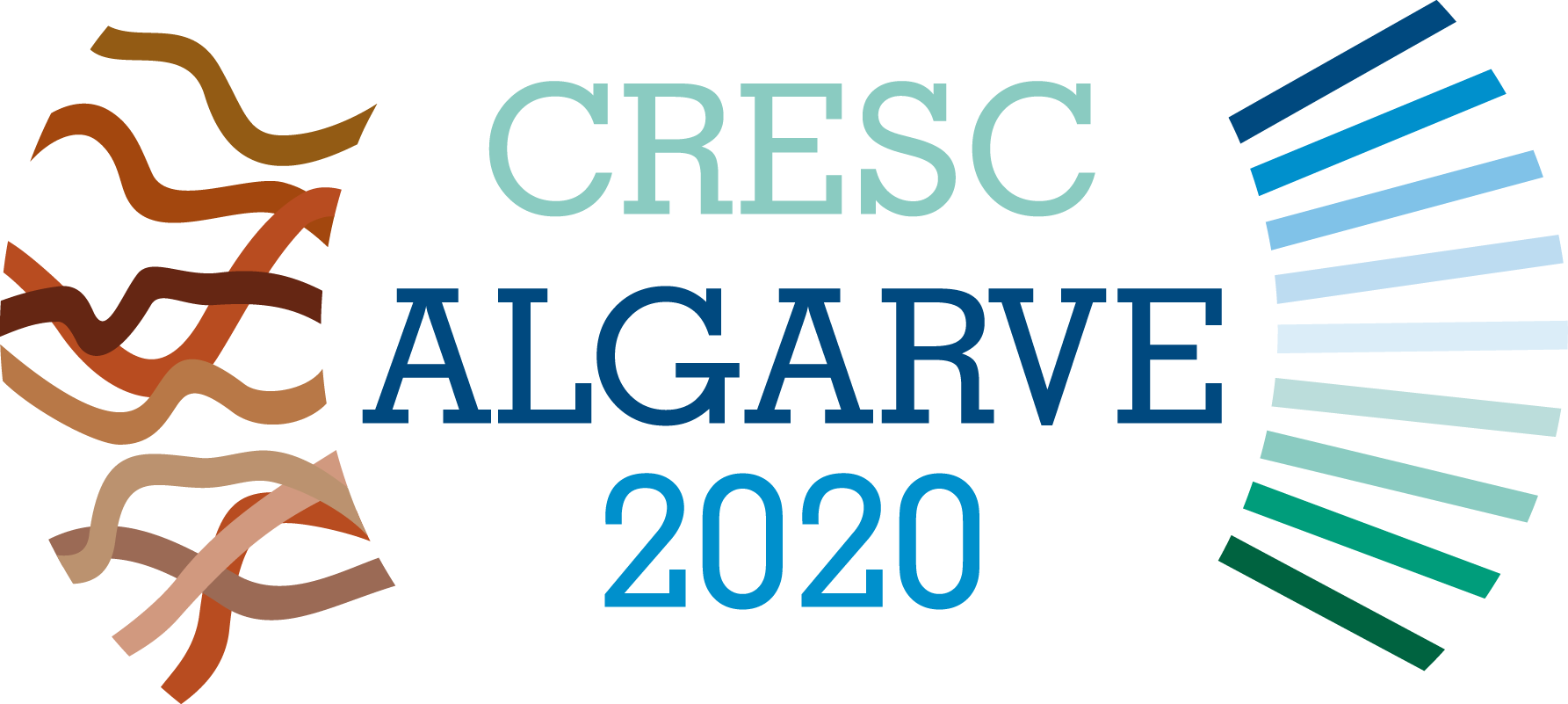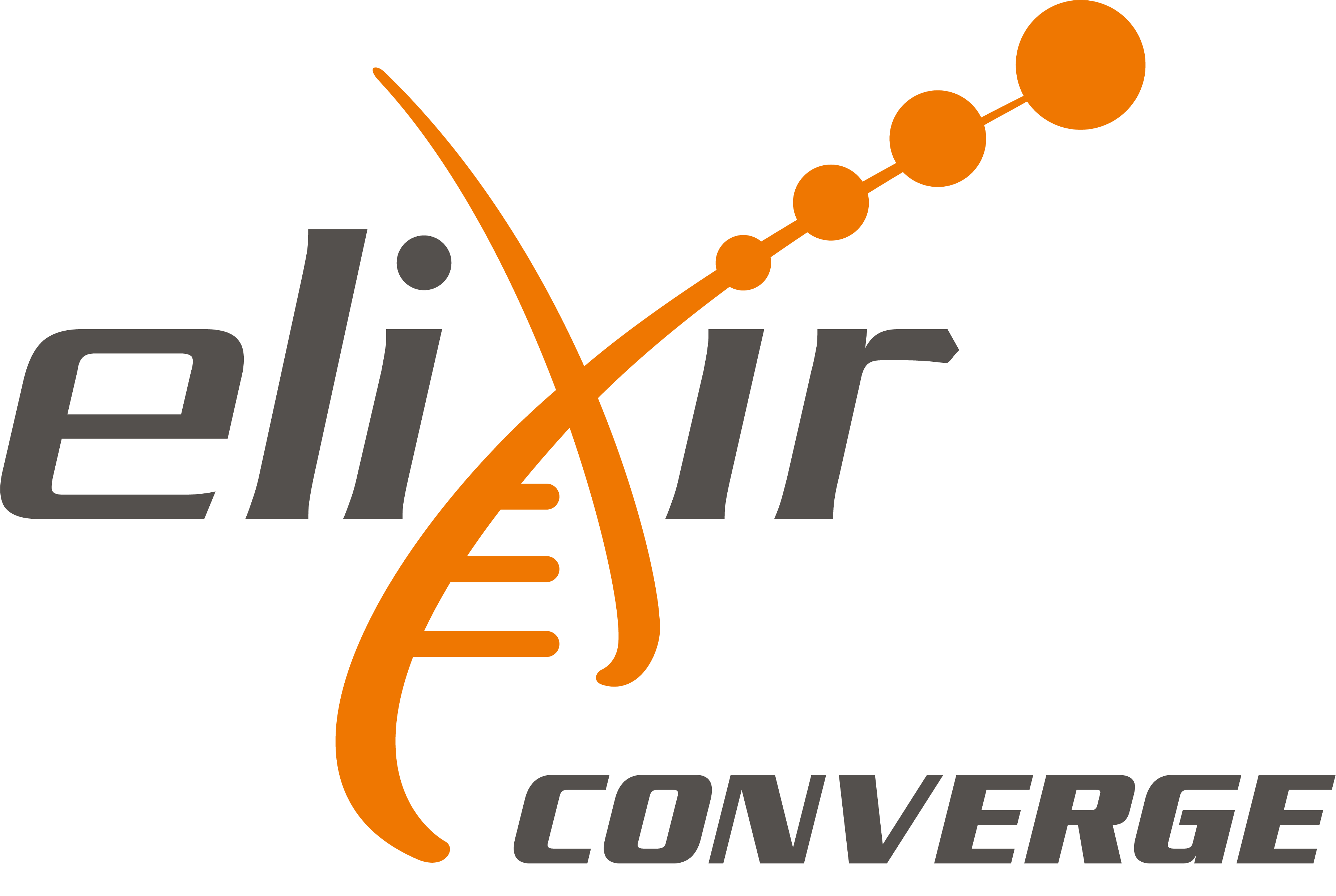3C-based methods, such as Hi-C, produce a huge amount of raw data as pairs of DNA reads that are in close spatial proximity in the cell nucleus. Overall, those interaction matrices have been used to study how the genome folds within the nucleus, which is one of the most fascinating problems in modern biology. The rigorous analysis of those paired-reads using computational tools has been essential to fully exploit the experimental technique, and to study how the genome is folded in the space. Currently, there is a clear expansion on the wealth of data on genome structure with the availability of many datasets of Hi-C experiments down to 1Kb resolution. In this course, participants will learn to use TADbit, a software designed and developed to manage all dimensionalities of the Hi-C data.





